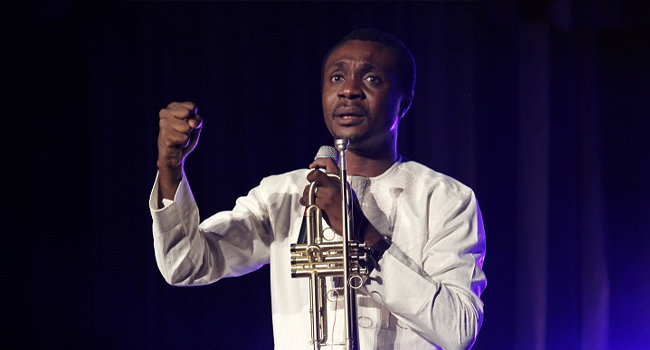The socio-cultural significance of gospel music in Nigeria is deeply personal and influential, touching nearly every aspect of life for many Nigerians. Gospel music in Nigeria has a unique ability to blend faith, culture, and societal values, creating a space where individuals and communities can find both spiritual and emotional sustenance. Though it was introduced during the 19th century by missionaries, what started as a simple fusion of Western hymns with local sounds has blossomed into a robust and distinct genre. Today, it is much more than a form of worship. Gospel music has become a symbol of resilience and hope, helping to shape and uplift communities across Nigeria.
Read more about Gospel Music
In many ways, gospel music in Nigeria became a homegrown phenomenon, evolving from the traditional hymns taught by missionaries into something uniquely Nigerian. Over time, local rhythms, languages, and instruments began to blend with Christian messages, making the music relatable and accessible to everyday Nigerians. Now, gospel music is more than just songs sung in church. It’s a source of strength for millions, particularly during challenging times. Whether during economic difficulties or political instability, gospel music, with its messages of hope and perseverance, offers comfort. As Philippians 4:6-7 (NLT) reminds believers not to be anxious about anything, but to find peace in prayer, contemporary artists like Sinach and Tope Alabi embed similar sentiments in their music, addressing both spiritual and societal concerns.
One of the remarkable qualities of Nigerian gospel music is its ability to unite people from different backgrounds. In a country as diverse as Nigeria, gospel music has the power to bring together people from various ethnic and linguistic groups. Artists often blend traditional instruments like the talking drum, sekere, and bata with Western sounds, creating a fusion that speaks to Nigeria’s rich cultural heritage. Whether the song is in Yoruba, Igbo, or Hausa, the message is the same—one of unity, peace, and faith. This musical collaboration across ethnic lines serves as a symbol of national pride. It brings together different traditions in a way that promotes both cultural diversity and spiritual unity. Ephesians 4:3 (NLT) encourages believers to make every effort to keep the unity of the Spirit, a call that is echoed in how gospel music fosters harmony.
Gospel music does not just inspire spiritually; it also speaks directly to social issues. Historically, just as prophets like Isaiah called out injustices in their societies, modern Nigerian gospel artists use their platforms to challenge corruption, poverty, and inequality. Artists such as Frank Edwards have successfully blended the rhythms of Afrobeat with gospel, not only to reach younger audiences but also to mobilize them towards justice and positive change. In many ways, gospel music has become a soundtrack for social activism, calling listeners to reflect on the moral and ethical values that should shape their lives and their communities.
Sign up for the Connect Nigeria daily newsletter
The socio-cultural significance of gospel music includes its transformative role in empowering women. Female gospel artists like Mercy Chinwo have challenged traditional gender roles, using their music to inspire women to embrace leadership and break free from societal limitations. Proverbs 31:25 (NLT) speaks of a woman “clothed with strength and dignity,” and this sense of empowerment is reflected in the music and public personas of these women. Through their songs, they encourage Nigerian women to pursue their dreams, lead with confidence, and challenge the stereotypes that often confine them. In doing so, they’re helping to reshape the narrative about women’s roles in both church and society.
Gospel music in Nigeria also fosters a powerful sense of community. Events like The Experience in Lagos, where thousands gather annually to worship together, highlight the communal aspect of gospel music. These massive gatherings create a space where people from all walks of life can come together, worship, and connect. This sense of togetherness aligns with the biblical mandate in Hebrews 10:25 (NLT) to not forsake the gathering of believers, reinforcing the idea that faith is something that can and should be shared within the larger community. In these events, gospel music becomes more than just entertainment; it serves as a medium for creating deep social bonds that extend beyond religious gatherings.
Register to attend the CN Business Mixer
In essence, the socio-cultural significance of gospel music in Nigeria transcends personal faith and religious practice. It acts as a unifying cultural and social catalyst, bridging ethnic divides, amplifying underrepresented voices, and confronting contemporary social challenges. It resonates with the core of Nigerian life, providing solace, fortitude, and solidarity. With its ongoing evolution, it significantly influences both the national and international gospel music landscapes. The distinctive fusion of spirituality, cultural expression, and social engagement in Nigerian gospel music will persist as a vital element of the nation’s essence, elevating hope and driving transformation through the ages.
Got a suggestion? Contact us: [email protected]


